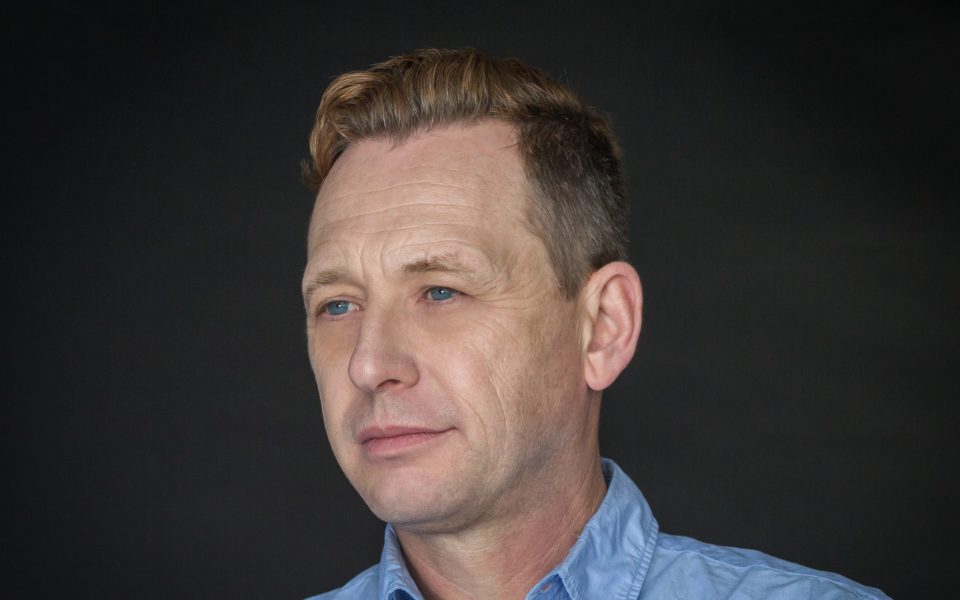 Southernmost, Algonquin Books of Chapel Hill, 2018
Southernmost, Algonquin Books of Chapel Hill, 2018
“As a novelist, you’re always looking for real trouble and you want to report on that trouble,” says Silas House, a Kentucky-based author of six bestselling novels including this year’s Southernmost.
In his latest, he focuses on the particular, yet universal, troubles of Asher Sharp, a fundamentalist preacher who reevaluates his worldviews after sheltering a gay couple in the wake of a natural disaster in their rural Tennessee town. Sharp and his son soon embark on a journey to find Sharp’s older brother — shunned for being gay — in the Florida Keys.[pullquote]
House appears on the “Setting Out to Journey In” panel at Reynolds Place at 11:30 a.m. and the “Book Club Essentials” panel at the Mountcastle Forum at 2:15 p.m., both in the Milton Rhodes Arts Center on Sept. 8. Learn more at silas-house.com.
[/pullquote]
“The Supreme Court decision on marriage equality in 2015 is such a historic decision that it deserved a novel,” House says. “I would’ve never dreamed that I would’ve been able to get married in my state, in my lifetime. I wanted to write about that huge shift… and especially the way I saw people changing and evolving in ways that I would’ve never thought possible.”
Southernmost is more than a modern road novel. Hill’s textured characters grapple with manifestations of homophobia, toxic masculinity and the nature of moral courage in faith communities of the American South.
“Sometimes people say… I shouldn’t have given these evangelical people a voice,” House says. “To me, the great challenge of this novel was how to give voice to people I disagree with most… to try to find their vulnerability and humanity. I found that discrimination is always rooted in fear of the other, fear of the unknown. I didn’t want to write a book that caricaturized anybody.”
But make no mistake — House may explore redemption but he harbors no sympathy for the devil, so to speak.
“To me, it’s real easy to know that difference between having a discussion with [bigoted] people who want to have a conversation and somebody like Steve Bannon,” House says. “He’s had plenty of opportunities to say his piece… so for the New Yorker to give him another platform was a bridge too far. So on one hand, we have to be open to conversation; on the other, we have to have boundaries to protect ourselves. Just like the gay character in the novel is open to forgiving some people but with others, he’s just done because they were violent and abusive.”
Fictional or otherwise, House holds deeply that narratives of the South should be told by and written by Southerners, particularly in this cultural moment.
“It’s so important for Southerners to tell their own stories,” House says. “So often, the way we’re presented in the media is shaped by people who are not from here and have very little knowledge of the place so it’s a regurgitated cycle of stereotypes,” he says. “There’s this idea that all people of any diversity escape to New York City, and this idea that the South is a place where diversity cannot thrive. Stories of historically invisible people… need to be told so they’re not erased.”
Join the First Amendment Society, a membership that goes directly to funding TCB‘s newsroom.
We believe that reporting can save the world.
The TCB First Amendment Society recognizes the vital role of a free, unfettered press with a bundling of local experiences designed to build community, and unique engagements with our newsroom that will help you understand, and shape, local journalism’s critical role in uplifting the people in our cities.
All revenue goes directly into the newsroom as reporters’ salaries and freelance commissions.


Leave a Reply